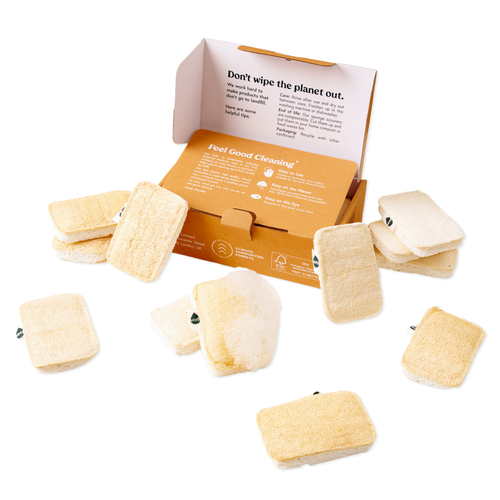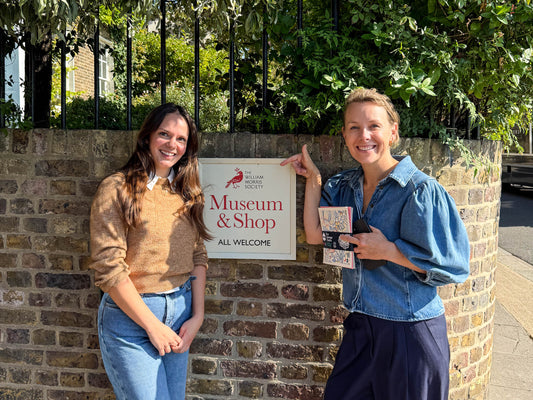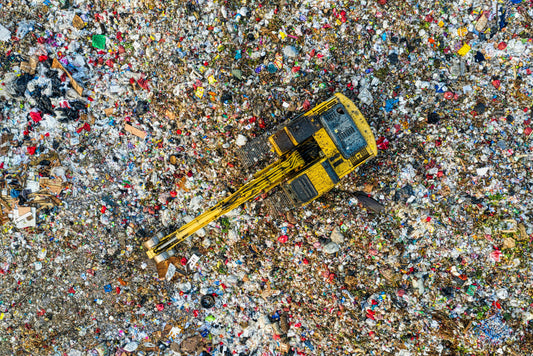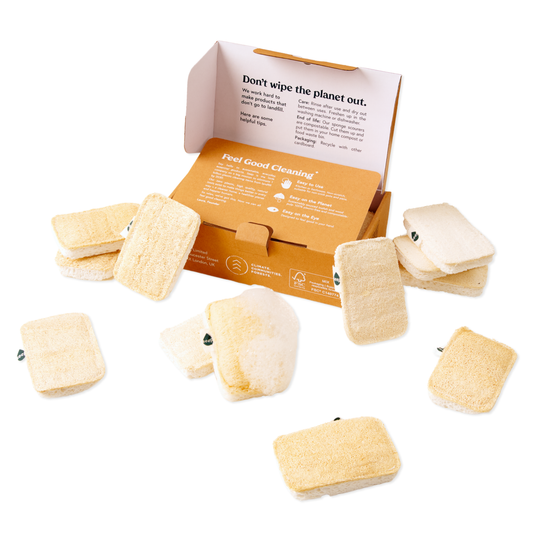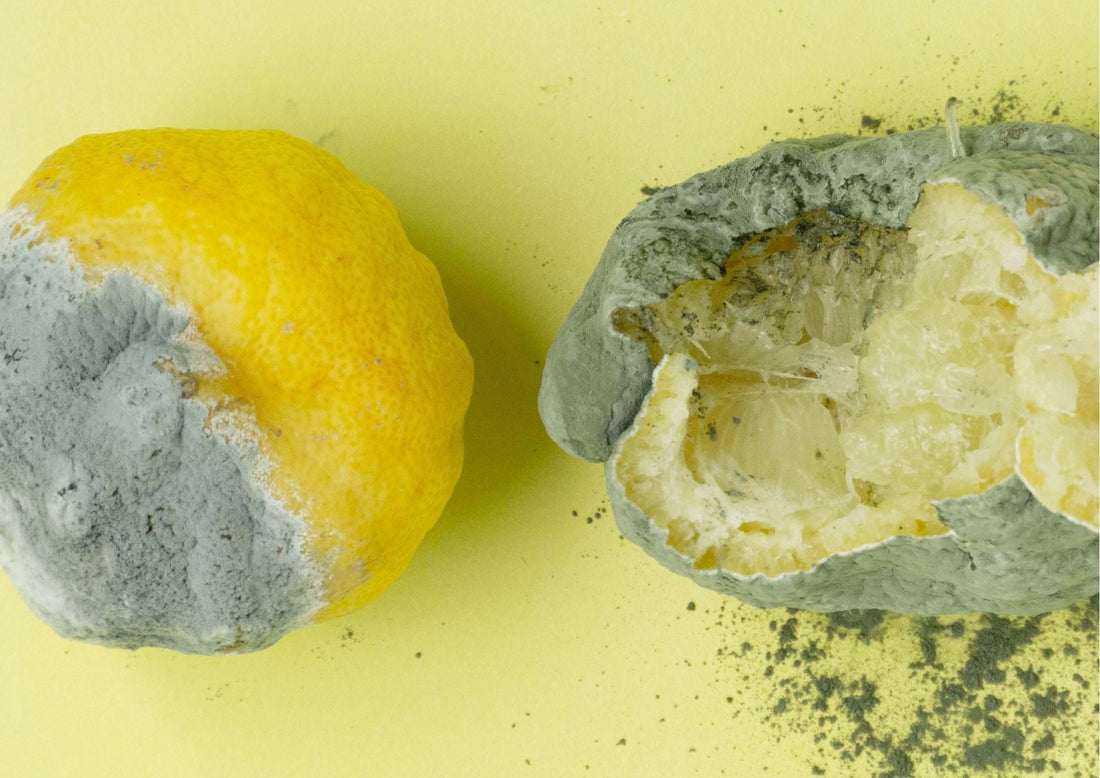
Michael Kennard runs the community composting scheme Compost Club, and has kindly answered all our burning questions and demystified the home compost. Follow their scheme here, or sign up to one of their compost collections services.

Can you tell us a bit about yourself and how you got into composting?
I'm just a regular guy, father and my work history is as a tradesman. I've had a passion for growing food for a long while as well as an interest in how we can heal our planet. My own study into these areas led me to see the error of our ways with the current linear system of 'waste'. In nature there are cycles and through composting I've found a way of closing that loop and cycling nutrients.
Waste is a lack of imagination. Through learning about the soil food web and soil biology I'm now on a mission to change the waste system, but also to change the definition of compost. Too much of the stuff that's mass produced lack the biology that soil needs. A teaspoon of healthy soil or compost should contain up to 70,000 species of bacteria and 25,000 species of fungi!
We think your mission is great, we’re always on the lookout for products that can be composted rather than sent to landfill or to be incinerated. For the people who want to get into composting, where is the best place to start?
There are so many resources online. It does take a bit of critical thinking though as there is quite a bit of misinformation as well. Composting badly can actually do more harm than good. I was lucky enough to study the Soil Food Web course by Dr. Elaine Ingham with the chap that I started Compost Club with. Although pricey, it is some game changing knowledge!
That sounds like a great resource! What advice would you give to people who may not have a home compost, but want to get into composting?
Have a look for a community composting scheme. If there isn't one around, then have a chat with friends and see if you can find a space and get one going. Feel free to reach out for any help with that. Wormeries are an option for small spaces as well as bokashi bins.
Alternatively, you can check out Share Waste to find people nearby who will take your organic waste off your hands!
The pandemic has seen more people having to stay at home way more, have you noticed an uptick in people wanting to try composting or reduce their waste?
Compost Club was actually born out of my work taking a hit and having the time to do this. The first food waste collections were in May 2020 so I can't compare to before lockdown, but Compost Club has been oversubscribed since the off.
There seems to be a real appetite for this, which is wonderful to see! I think that the demand for compost in Spring 2020 , coupled with the knowledge that most commercial compost doesn't contain the biology that soil needs spurred us on, and still does.
It's fantastic to see such a positive change come from the pandemic. So, for those who may already be composting, what are the most common mistakes people make when it comes to composting?
One of the keys to successful composting is to get the right balance of ingredients. Carbon to Nitrogen. All too often I see people filling a green Joanna bin with only food waste and no carbon source. This just putrefies and goes to a sludge. No good in terms of emissions or for the soil if applied. Other important factors are moisture and oxygen.
Wow, there seems to be a real art to getting the right mixture. Do you have any insider tips on how to get that perfect mix? Or is it a lot of trail and error?
The more diverse mix of ingredients, the better. Ideally you want 50% moisture and you need to keep turning the compost to keep it aerobic. Too wet and the pile will go anaerobic, to dry and the micro organisms can't do their thing.
A good trick is to create chimneys in the pile by pushing down a stick and creating a cylindrical opening all the way down. Compost tumblers are a game changer and really speed up the while process. Also, get into a local tree surgeon and take plenty of free wood chips. It's a perfect carbon source for food waste, especially in the colder months when the trees are without leaves. The carbon is your fungal food.
Lastly, we already know about the obvious things you can compost - food and organic waste, for example - but what are some less obvious things you can compost at home?
With our system of hot composting in tumblers we are able to compost any food waste, even cooked foods. We have trialled a few different compostables and the thing to look out for is 'home compostable'.
Some things require commercial and specialist facilities. We successfully composted crisp packets from Two Farmers and will now stick them to sell to our members. It's about time someone was making compostable crisps packets! We have also been trialing Seep sponges and gloves. We know the Seep liners break down well. I very much enjoy people sending us their bamboo toothbrushes, you just have to snap off the head. Also hair and fingernails will compost just fine, although may take a little longer than your veg peelings.

Convinced? Get started with composting by following @compost.club on Instagram and try out our home compostable cleaning products by clicking below.
